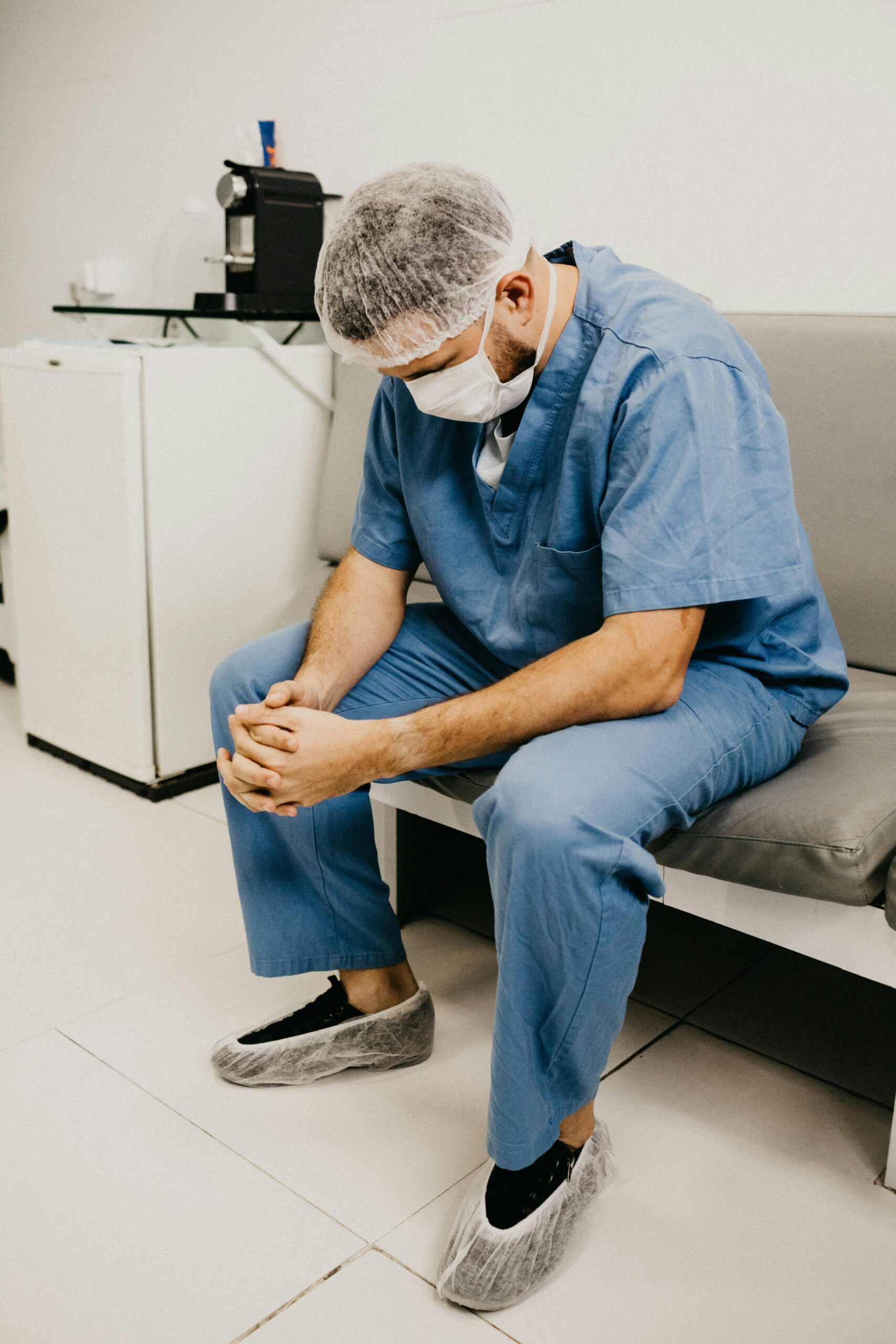
War tests the fundamental ethical obligations of medical practice. In the middle of conflicts, it can be difficult for physicians to be fair and equitable while providing treatment that offers benefits, avoids harm, and respects the wishes of individual patients. In the decades-long struggle between Israel and its neighbours, these principles have been tested many times. They are being severely tested in the current conflict. We write to highlight some of the asymmetries in the ways that Israel and Hamas uphold these principles. Crucially, we argue that despite relentless threats to its existence, Israel demonstrates ethical practice in medicine and healthcare, regardless of race, religion, or even terrorist engagement. This is particularly relevant at a time when Israel has been taken to court by South Africa for allegedly committing genocide in Gaza.
According to the Oslo Agreements, the Palestinian Authority is responsible for the healthcare of those residing in the West Bank and Gaza. However, thousands of Palestinians from these territories (as well as Arabs from neighbouring countries) receive medical care in publicly funded Israeli hospitals. Many such patients are referred from the Palestinian Ministry of Health (MoH) for health services delivered by non-MoH providers. Referrals are typically to medical specialties including, oncology, hematology, cardiology, orthopedics, and pediatrics. The Israeli health system and government, as well as many private organizations, have always made great efforts to transport and coordinate care for Palestinians from Gaza and the West Bank. For example, ‘Road to Recovery’ is a group comprising thousands of Israeli volunteers who drive Palestinians (mostly children) from the border between Israel and the Palestinian Authority to Israeli hospitals.
‘Save a Child’s Heart’ is another Israeli medical program that provides care regardless of race or religion. It has provided cardiac care (free of charge for the child and family) to over 6,600 children from countries with limited resources and hosts a free weekly clinic for children from the Palestinian Authority and Gaza. The mother of the 3,000th child from the Palestinian territories to receive cardiac surgery in Israel was quoted, “When the doctors told us there was a possibility for Israeli doctors to carry out the complicated operation […] needed, we were so happy. Everyone here in Gaza talks about how Israeli doctors are the most professional in the world and that they can be trusted completely.”
Healthcare in Israel is provided not just to Palestinian civilians but even to individuals jailed for terrorism. Arguably this can offer beneficence for an individual patient at the expense of harm to a country and its citizens. For example, when Yahya Sinwar, the current leader of Hamas in Gaza, was in an Israeli prison for abducting and murdering two Israeli soldiers, he received lifesaving neurosurgery by Israeli doctors. Despite life-saving treatment in the Israeli healthcare system, Sinwar went on to become a current Hamas leader and key orchestrator of the October 7 pogrom in Israel. Another Hamas leader, Ismail Haniyeh, a former Gazan prime minister who has repeatedly called for the destruction of Israel, readily accepted medical care for his family by so called ‘enemy’ Israeli doctors. Haniyeh’s daughter, niece, mother-in-law, and granddaughter have all had medical treatment in Israel.
Perhaps unsurprising in this current period of war and terrorism, we have seen isolated requests and attempts to block Israeli health facilities from providing medical treatment to terrorists, for example, due to ethical concerns about care for terrorists diverting and diminishing care from the victims themselves. At a time when hospital resources and staffing are stretched, and the Israeli population is still reeling from a massacre and has civilians remaining in captivity, it is inevitable that some violations of medical ethics will occur. Vitally, this is not the collective opinion of Israeli physicians, nor the view of the Israel Medical Association who have responded with a letter to Israeli physicians that they must offer patients all necessary medical treatments, in both the hospital and prison setting. And so we see that terrorists in Israel receive treatment for the injuries that they sustain whilst committing terrorist atrocities and deliberate and targeted attacks on innocent Israelis.
The Gaza Health Ministry, responsible for healthcare in Gaza, operates under Hamas administration. Hamas uses what should be sacred in healthcare (hospitals) to promote and perpetuate terrorism. For example, the intricate web of tunnels in Gaza, including those under hospitals, operate as command centres (and hiding quarters) for Hamas leaders, and for the storage of military equipment, food, and fuel for Hamas benefit, even as aboveground civilians face food shortages and run out of critical supplies. Earlier this month, a Hamas command tunnel was found under a United Nations (UN) headquarters; questions have been asked about how the UN could have been unaware of such a tunnel being built. The United Nations Relief and Works Agency (UNRWA), an organisation purportedly responsible for aid and healthcare for Palestinians in Gaza, must also acknowledge and respond to recent allegations that its workers were active participants and proud supporters of the October 7 massacre.
Ethical medical practice in times of conflict and war is complex and challenging. Despite threats of violence and terrorism, including decades of rocket attacks and suicide bombings, Israel has continued to provide healthcare to Palestinians, including to convicted terrorists posing risks to Israel’s own security. This is particularly relevant for a time when Israel has facing unsubstantiated allegations of genocide in Gaza and of violating international law by bombing hospitals and ambulances that are used as shields for military activities. We hope and pray that this conflict will end soon and in this way the suffering of people on both sides of a conflicted border will be reduced.
Naomi T Katz, MBBS, BMedSci, FRACP, FAChPM, GDipBioethics, Department of Paediatrics, University of Melbourne, Melbourne, Australia; Faculty of Medicine, Nursing and Health Sciences, Monash University, Melbourne, Australia
Merav L Katz, MD, BSci, Independent Researcher
Shimon M Glick MD, Faculty of Health Sciences, Ben Gurion University, Beer-Sheva, Israel
John D Lantos, MD, Mt Sinai School of Medicine, New York